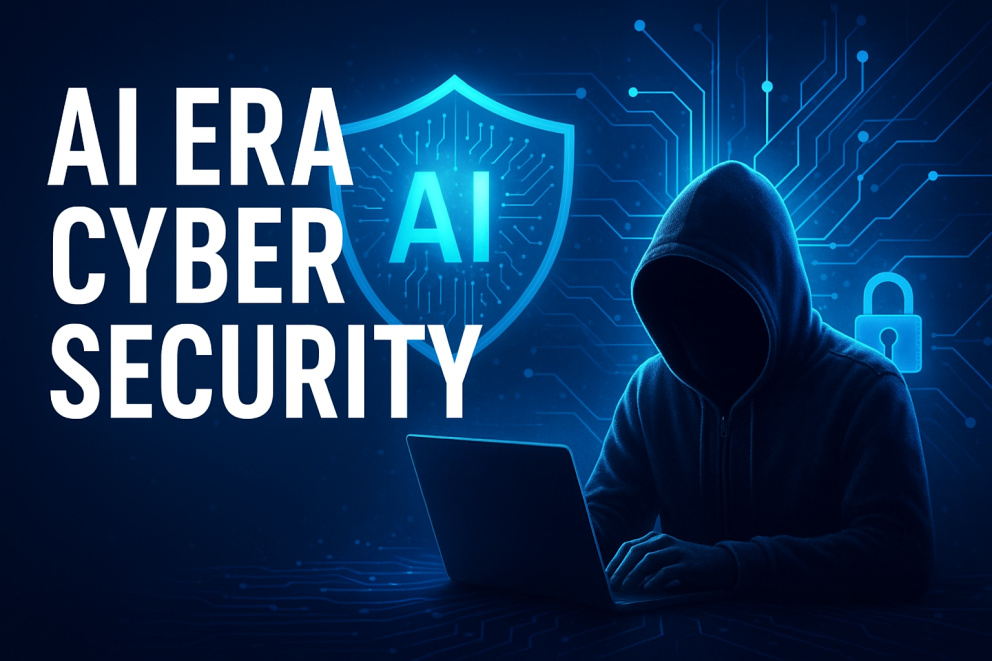Varonis Acquires SlashNext to Strengthen Cybersecurity Solutions
In a bold move that underscores the rising importance of
data security and advanced threat protection, Varonis Systems has
officially announced the acquisition of SlashNext, a leader in AI-driven
phishing defense and messaging security. This strategic acquisition is set to
redefine how enterprises safeguard sensitive information, especially in an era
where phishing attacks, business email compromise, and advanced cyber threats
are at an all-time high.
With this acquisition, Varonis aims to expand its reach
beyond its well-established data security solutions and deliver a more
comprehensive, AI-powered cybersecurity platform to customers worldwide.
Let’s break down what this acquisition means for both companies, their
customers, and the future of cybersecurity.
Why
Varonis Acquired SlashNext
Varonis is well-known in the cybersecurity industry for its data-first
approach to security. The company focuses on protecting sensitive
enterprise data—whether it’s stored in on-premises environments or the
cloud—by leveraging machine learning, insider threat detection, and access
governance tools.
On the other hand, SlashNext specializes in phishing
protection and human risk management. Using advanced AI-based detection,
SlashNext provides real-time defense against malicious links, SMS attacks
(smishing), and collaboration app threats (like those on Microsoft Teams,
Slack, and Zoom).
The combination of these two strengths—Varonis’s expertise
in securing critical enterprise data and SlashNext’s focus on messaging
security—creates a powerful, end-to-end cybersecurity solution.
Addressing
the Growing Cybersecurity Challenge
Cybercriminals are becoming more sophisticated every day.
According to recent reports, phishing accounts for over 90% of successful
cyberattacks worldwide. Attackers no longer rely on traditional spam
emails; instead, they exploit multi-channel communication platforms
where employees spend most of their workday.
From SMS-based phishing attacks (smishing) to malicious
links embedded in collaboration tools, the threat landscape is expanding
rapidly. Many traditional security tools fail to detect these modern attacks,
leaving organizations vulnerable.
By acquiring SlashNext, Varonis is directly addressing these
pain points. The move signals a shift toward holistic security, where
both data protection and human attack surface management are
tightly integrated.
How
Customers Will Benefit
The acquisition isn’t just a win for the two companies—it’s
a major boost for customers who are looking for all-in-one security
solutions. Here are some of the most significant benefits:
- AI-Driven
Protection – SlashNext’s machine learning models can detect zero-hour
threats that traditional tools often miss, giving customers a cutting-edge
layer of defense.
- End-to-End
Security – With Varonis safeguarding enterprise data and SlashNext
protecting employees from phishing attacks, businesses gain a
comprehensive shield against cyber threats.
- Cloud
and Collaboration App Security – As hybrid and remote work
environments continue to grow, employees rely on platforms like Teams,
Slack, and Zoom. SlashNext’s capabilities will ensure these collaboration
channels are secured.
- Streamlined
Cybersecurity Management – Instead of juggling multiple vendors and
solutions, enterprises will benefit from a unified platform that
simplifies monitoring, reporting, and compliance.
The
Bigger Picture: Cybersecurity Market Trends
The Varonis-SlashNext deal also highlights broader trends
in the cybersecurity industry:
- Consolidation
of Security Vendors – With cyber threats becoming more complex,
companies are seeking platform solutions instead of point products.
Acquisitions like this allow vendors to expand capabilities faster.
- AI
in Cybersecurity – Artificial intelligence is no longer a buzzword; it’s
a necessity. SlashNext’s AI-driven models provide faster and more
accurate detection, which aligns perfectly with Varonis’s data security
AI initiatives.
- Focus
on the Human Layer – Attackers often target the weakest
link—employees. This acquisition emphasizes the importance of protecting
people, not just infrastructure.
- Rise
of Zero Trust Security – Businesses are moving toward a ’never trust,
always verify’ mindset. Integrating SlashNext’s real-time phishing
protection with Varonis’s Zero Trust approach will strengthen defenses
significantly.
What This
Means for the Future of Varonis
For Varonis, acquiring SlashNext is more than just an
expansion of its product portfolio—it’s a strategic leap into the
broader cybersecurity landscape. By combining data security with messaging and
phishing protection, Varonis positions itself as a next-generation security
leader.
Investors and industry watchers are also likely to view this
move positively, as it diversifies Varonis’s offerings and strengthens its
competitive edge against major players like Palo Alto Networks, CrowdStrike,
and Proofpoint.
Key
Takeaways
- Varonis
has acquired SlashNext to bolster its cybersecurity portfolio.
- The
acquisition combines data security with AI-powered phishing
defense, delivering end-to-end protection.
- Customers
will benefit from AI-driven detection, cloud collaboration app
security, and simplified management.
- The
deal reflects broader industry trends, including vendor consolidation and
the rise of AI in cybersecurity.
- Varonis
is positioning itself as a leader in holistic cybersecurity solutions
for the modern enterprise.
Conclusion
The acquisition of SlashNext by Varonis is a timely and
strategic move that highlights the evolving nature of cyber threats and
the urgent need for integrated, AI-powered security solutions.
As phishing attacks grow more sophisticated and data
breaches continue to dominate headlines, enterprises require comprehensive
tools that protect both their sensitive information and the people who access
it daily.
By combining their strengths, Varonis and SlashNext are
poised to deliver exactly that—a smarter, stronger, and more resilient
cybersecurity ecosystem.
For businesses worldwide, this could mean fewer breaches,
better compliance, and a safer digital environment.









